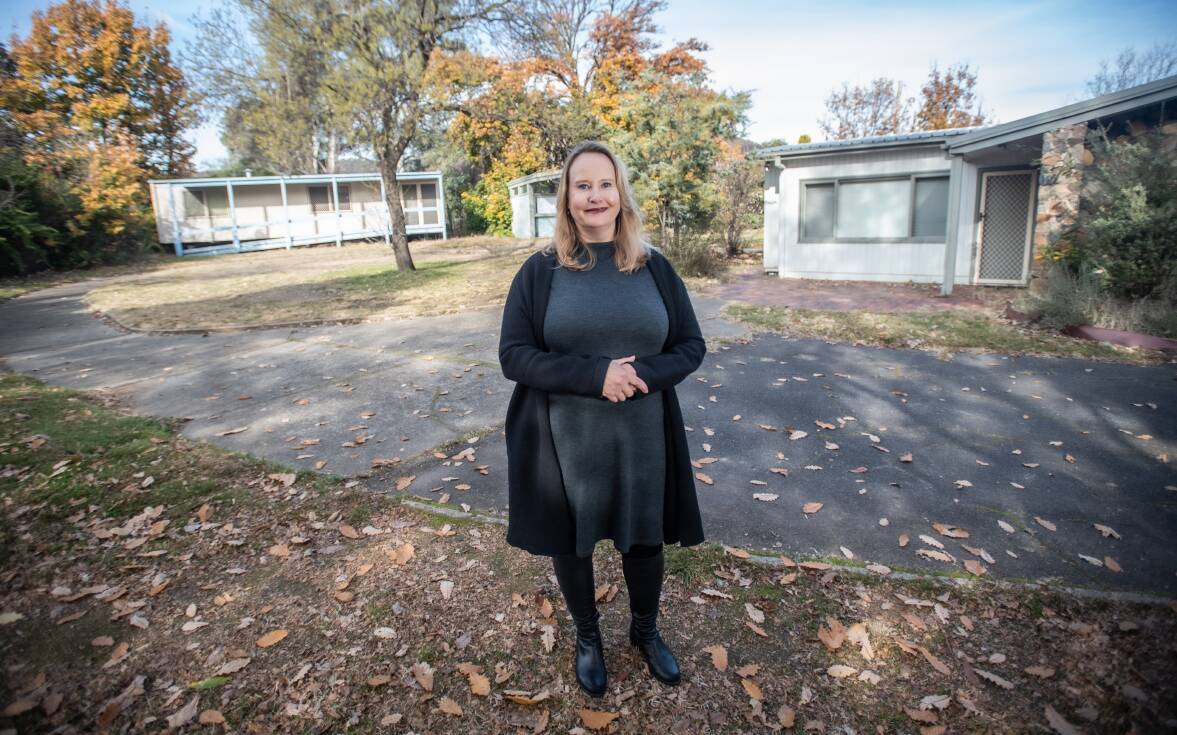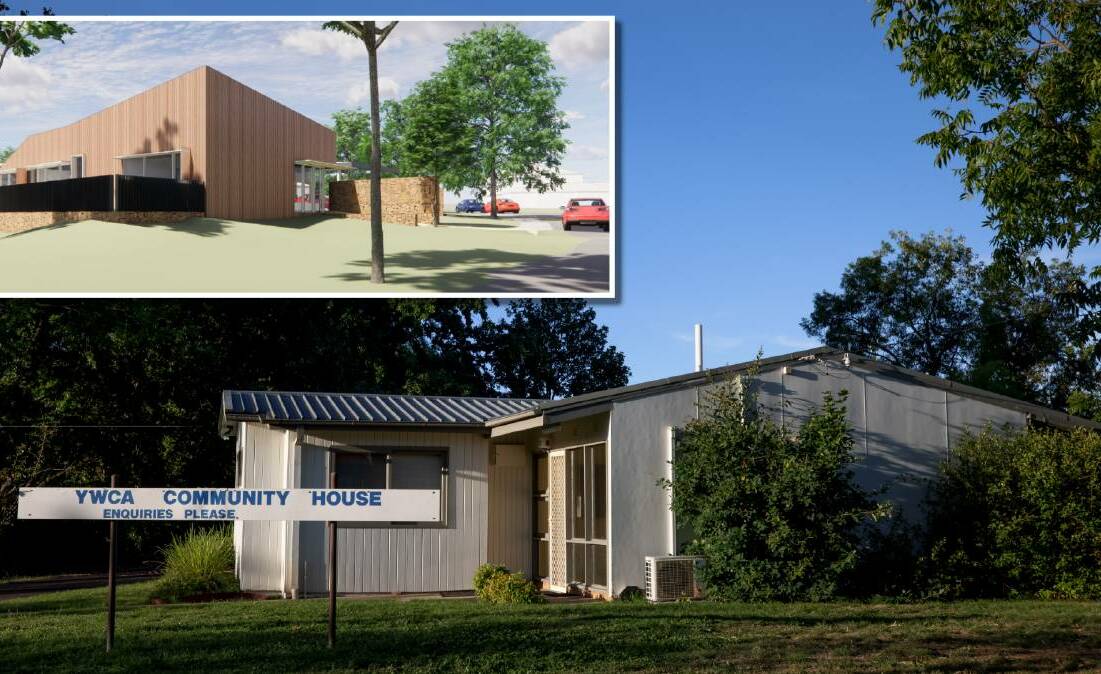
A decision by the ACT planning minister to approve an Ainslie social housing development with controversial powers will carry weight for organisations trying to prop up a shortfall of more than 3000 social houses in the territory, the YWCA says.
The organisation on Wednesday learnt that its second development application for nine supportive housing units on an Ainslie block had been approved, over a year after it submitted its first proposal for the site.
Planning Minister Mick Gentleman used call-in powers to green light the second development application, meaning the decision can't be reviewed by the ACT Civil and Administrative Tribunal.
In October 2021, following a review filed by three members of the Ainslie Residents' Association, the tribunal ordered the government's approval of the YWCA's first application be reversed.
"We've received many calls of support today from fellow CEOs who have been waiting for the outcome of this, who are ready with their own plans to develop on blocks of land that they own," YWCA chief executive Frances Crimmins said.
"It's an important decision, it's broader than us, the ministerial call-in, and it gives other community housing providers and charities the confidence to pursue building their own housing."

There were 3058 applications on the waiting list for social housing in the ACT at the beginning of June, while the proportion of social housing has declined from 7.6 per cent of all households in 2014 to 6.5 per cent in 2021.
A total of 430 houses were allocated to social housing in 2021, 230 of which were public and 200 which are run by community organisations.
No new state owned and managed Indigenous housing was allocated.
The YWCA application was approved with amendments, including bringing the unit density down from 10 to nine, and safeguarding protected trees at the site, having been made.
Of 257 written representations received during the public notification period, approximately 190, or 73 per cent, were in support of the development.
Asked about his decision to utilise the special powers, Mr Gentleman said he exercises the mechanism on a "case-by-case basis" to meet criteria set out in the Planning and Development Act 2007.
"One criterion is that the project must offer a 'substantial public benefit'," he said in a statement. "I believe that the YWCA project stands to provide substantial public benefit.
"We have imposed a number of conditions on the development, including measures to safeguard protected trees on the site and the adjacent park, which were among the neighbours' concerns."
A proposed overhaul of the ACT's planning rules would see the minister lose the call-in powers, while the government could still bypass regular development application procedures for major projects such as the light rail and new schools.
Chair of the Ainslie Residents' Association Ian Hubbard said the newest development "appears to be a marginal improvement on the last".
Mr Hubbard said issues raised in the tribunal's decision, such as personal private space, solar access and fencing, had not been resolved.
The group is not opposed to community housing, he said, but the "cannibalisation of community facility zoned land, where community facilities such as childcare centres and community meeting rooms are replaced by medium density housing".
We've made it a whole lot easier for you to have your say. Our new comment platform requires only one log-in to access articles and to join the discussion on The Canberra Times website. Find out how to register so you can enjoy civil, friendly and engaging discussions. See our moderation policy here.







